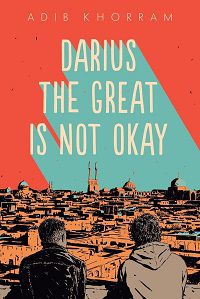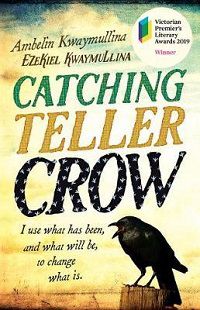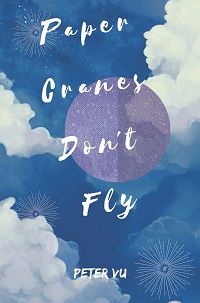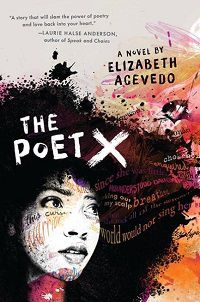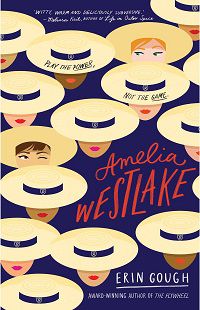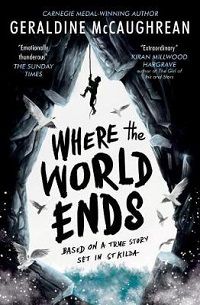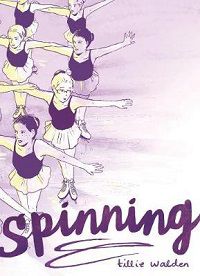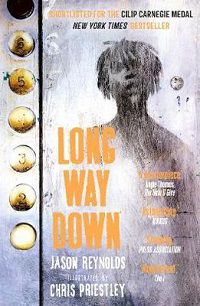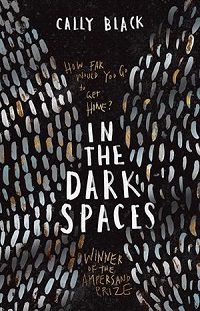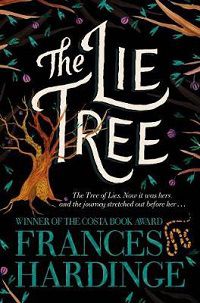When you’re in the mood for an inspiring and thought-provoking YA book, sometimes there’s no better bet than looking at a few awards lists to decide what to read next.
Here are some highly recommended award-winners to sink your teeth into.
Darius the Great Is Not Okay by Adib Khorram
Adib Khorram’s first novel took out the William C. Morris Award – awarded by the Young Adult Library Services Association in the US for a debut. Darius the Great Is Not Okay is a brilliant coming-of-age story about an Iranian-American teen visiting Iran for the first time with his parents and younger sister. Darius Kellner isn’t having an easy time at home – he’s depressed and bullied, finds it hard to fit in and seems to be a disappointment to his father – so he’s understandably worried about travelling to a country he’s never been to. Iran is a revelation though, and despite initially feeling between cultures, Darius finds true friendship with his grandparent’s neighbour Sohrab, and learns to carve out his own identity.
Catching Teller Crow by Ambelin Kwaymullina & Ezekiel Kwaymullina
Catching Teller Crow has already won two major Australian writing awards (the Prize for Young Adult Writing at the Victorian Premier’s Literary Awards and Best Young Adult Novel in the Aurealis Awards) and we’re willing to bet it might pick up a few more! This haunting novel combines a small-town crime story with beguiling surrealism, and touches on crucial issues in Australian society: the legacy of the Stolen Generations, generational trauma and generational resilience, and racial prejudice in police investigations.
Beth Teller has died in a car accident, but she won’t leave her father, police detective Michael; following along as he investigates a suspicious fire. When witness Isobel Catching tells Beth and Michael a wild and fantastical story in free verse, it slowly becomes clear her words and images contain dark truths about the crime.
Paper Cranes Don’t Fly by Peter Vu
This debut novel won the Gold Inky Award in Australia’s teen choice awards the Inkys, which is an even more delightful win as it was written by then-teenager Peter Vu, who drew on his personal experiences with brainstem glioma to pen this story.
Adam, AJ and Tess have been friends since childhood, and it’s this friendship that sustains Adam as he spends long periods of time in hospital battling a brain tumour. Music, visits, TV, sleepovers and developing new friendships allow Adam to maintain hope and a sense of normality, but his sense of hope is difficult to sustain as his medical condition worsens.
Paper Cranes Don’t Fly describes the life of a cancer patient in a way that few other young adult books do, focusing not just on living with cancer, but going through it, with the help of patience, love and friendship.
The Poet X by Elizabeth Acevedo
Renowned slam poet Elizabeth Acevedo’s debut novel, written in verse, won the National Book Award for Young People’s Literature – one of the most prestigious literary awards in the US.
Xiomara’s name means ‘one who is ready for war’, and Xiomara has spent her whole life living up to it. She feels unheard and unable to hide in her Harlem neighborhood; seen for her body but struggling against the expectations of her strict and religious Dominican parents. But Xiomara has plenty she wants to say, and she pours all her frustration and passion onto the pages of a notebook. A simmering romance with her lab partner Aman, and an invitation to join the school poetry club and perform her poems, set Xiomara on the path to finding her place in the world through poetry, sex, and feminism.
Amelia Westlake by Erin Gough
Of course we have to mention the wonderful winner of the Readings Young Adult Book Prize! And we must have great taste, because Amelia Westlake also recently won the Ethel Turner Prize for Young Adult’s Literature at the NSW Premier’s Literary Awards.
Harriet Price and Will Everhart attend the same private school, but they couldn’t be more different. Harriet is an ambitious, over-achieving prefect, and Will is struggling in school and chafing against the constraints of her life. An encounter with a sexist teacher leads the two girls to team up to bring him down through an elaborate hoax, and as they spend more time together, romance begins to spark. Amelia Westlake is a both a delightful rom-com, and a fascinating exploration of feminism, privilege and power.
Where the World Ends by Geraldine McCaughrean
The Carnegie Medal is a British literary award that recognises one outstanding new English-language book for children or young adults, as voted by library professionals. The 2018 winner was this tense and evocative survival story by renowned author Geraldine McCaughrean.
Set in the summer of 1727, and inspired by a true story, a group of men and nine boys are put ashore on a remote seastac (rock column) in Scotland’s Outer Hebrides to harvest birds for food. No one returns to collect them, and the boys are left with growing fears and speculation about the end of the world. Up against storms and starvation, the men and boys tell stories and hope for their village’s boat to return. Nature and history springs to life in this unique, unsettling and moving novel.
Spinning by Tillie Walden
Tillie Walden’s graphic memoir is a truly absorbing and moving read about her early years in the intense world of figure skating. Spinning won an Eisner Award in 2018, one of the few awards devoted to excellence in graphic novels and comics.
The grind of early morning training, the tension of group rehearsals and sporting friendships/rivalries, and the terrors of exams and competitions come across beautifully in the visual format. Spinning gives a delicate sense of the balance and shifting of friendships and burgeoning queer identity in the tween and teen years.
Long Way Down by Jason Reynolds
Jason Reynold’s powerful verse novel won a Walter Dean Myers Award, which recognises diverse authors whose works feature diverse main characters and address diversity in a meaningful way. Long Way Down has a gripping and original premise – Will takes a gun from home and hops in the elevator, intending to find and kill the person who murdered his older brother. Most of the novel takes place in the brief elevator ride, as Will is visited on each floor by the ghosts of people he knows who have been affected by gun violence. With raw language and powerful emotions, this is a thought-provoking and complex read.
In the Dark Spaces by Cally Black
This immersive and strange sci-fi thriller won best young adult novel at the Aurealis Awards – Australia’s premier speculative fiction awards. Teenager Tamara has been living on a star freighter in deep space when she is kidnapped by terrifying Crowpeople - the only aliens humanity has ever encountered – and taken back to their hive as a hostage. Tamara’s fight for survival grows more complicated as she learns more about the Crowpeople’s way of life and language, and the threats they face from humanity’s exploration into deep space.
In the Dark Spaces explores deep territory around communication, empathy, colonisation, family and belonging.
The Lie Tree by Frances Hardinge
It’s extremely rare for a YA novel to go up against adult literature in a general award, but in 2015 Frances Hardinge won the Costa Book of the Year Award in the UK for her historical fantasy, The Lie Tree.
Faith, the daughter of a disgraced natural scientist, is moved with her family to an island where her father dies under mysterious circumstances. Determined to uncover the truth behind her father’s death, and suspecting murder, Faith stumbles upon the existence of a tree that feeds on lies and bears fruit that can deliver revelations and truths, if eaten. Creepy, witty and laced through with magic, feminism and bewitching language, this is some of the inimitable Hardinge’s finest work.


